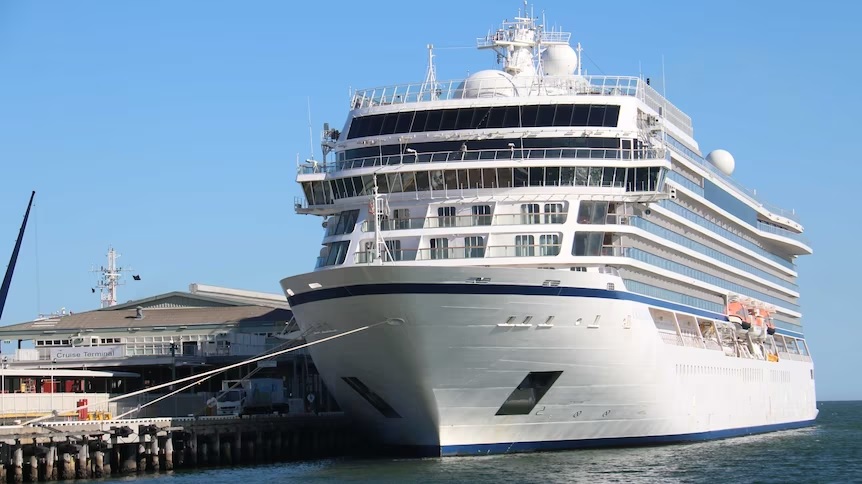 BOOK ONLINE OR CALL: 1300 HAMPTONS (1300 426 786)
BOOK ONLINE OR CALL: 1300 HAMPTONS (1300 426 786) INTERNATIONAL: +61 3 9279 7250
 LOWEST PRICES GUARANTEED.
LOWEST PRICES GUARANTEED.
 BOOK ONLINE OR CALL: 1300 HAMPTONS (1300 426 786)
BOOK ONLINE OR CALL: 1300 HAMPTONS (1300 426 786)  LOWEST PRICES GUARANTEED.
LOWEST PRICES GUARANTEED.

Passengers of a cruise ship that was denied entry to both Australian and New Zealand ports due to a “marine growth” on its hull will be compensated by the cruise company. The Pacific Explorer, operated by P&O Cruises, was scheduled to embark on a 10-night voyage around New Zealand and Australia but was refused entry to several ports due to the condition of the ship’s hull.
The ship’s operator initially claimed that the vessel was denied entry due to “weather conditions” but later admitted that it was due to a “marine growth” on the hull. This type of growth, which can include barnacles and other sea creatures, can significantly slow down a ship and affect its overall performance.
P&O Cruises apologized to the passengers and announced that they would be compensated for the inconvenience caused by the cancelled ports of call. The company also stated that they were working to resolve the issue with the ship’s hull and ensure that it would not happen again in the future.
The incident highlights the importance of regular maintenance and inspection of ships, particularly those that operate in harsh marine environments. In addition to the potential safety risks, a poorly maintained ship can also have significant economic consequences, such as lost revenue due to cancelled voyages and repair costs.
The International Maritime Organization (IMO), a specialized agency of the United Nations that regulates shipping, has established various regulations and guidelines for the maintenance and inspection of ships. These include requirements for regular inspections and cleaning of hulls to prevent the buildup of marine growth.
In addition to regulatory compliance, many ship operators have implemented their own maintenance programs to ensure that their vessels are kept in optimal condition. This can include regular hull cleanings, as well as ongoing maintenance and repair work to address any issues that arise.
While the Pacific Explorer incident is certainly an inconvenience for the affected passengers, it also serves as a reminder of the importance of proper ship maintenance and inspection. In addition to ensuring safe and reliable operations, regular maintenance can also help to avoid potential economic losses and reputational damage for ship operators.
Furthermore, the incident underscores the importance of transparency and honesty when communicating with customers. In this case, the ship’s operator initially attributed the denied entry to “weather conditions,” which was later revealed to be untrue. While accidents and incidents can happen, it is important for companies to be transparent with their customers and provide timely and accurate information.
In conclusion, the recent incident involving the Pacific Explorer cruise ship highlights the importance of proper ship maintenance and inspection, as well as transparency and honesty in communication with customers. While the affected passengers will be compensated for the inconvenience caused by the cancelled ports of call, the incident serves as a reminder of the economic and reputational consequences that can arise from poorly maintained ships. As such, it is critical for ship operators to prioritize regular maintenance and inspection to ensure safe and reliable operations, as well as to build trust and loyalty with their customers.
